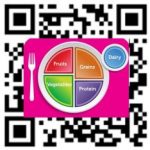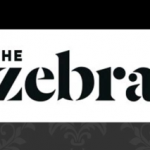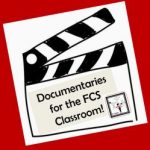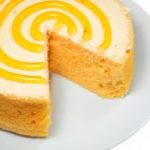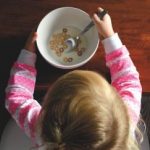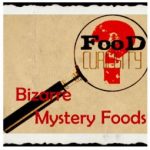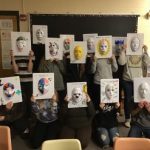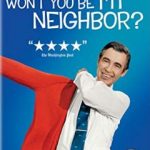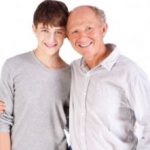
Aging is an event that happens to all of us, whether we like it or not! Students are often uncomfortable talking about aging because they fear it and, not only do they want to avoid it, they often think it won’t happen to them. They often view aging only from the physical perspective…little do they realize that it’s already happening to them in other ways. This lesson encourages students to view aging biases that are out there, including some they might hold and others that may have been directed at them! It doesn’t take long for students to see the similarities between the young and the old!

